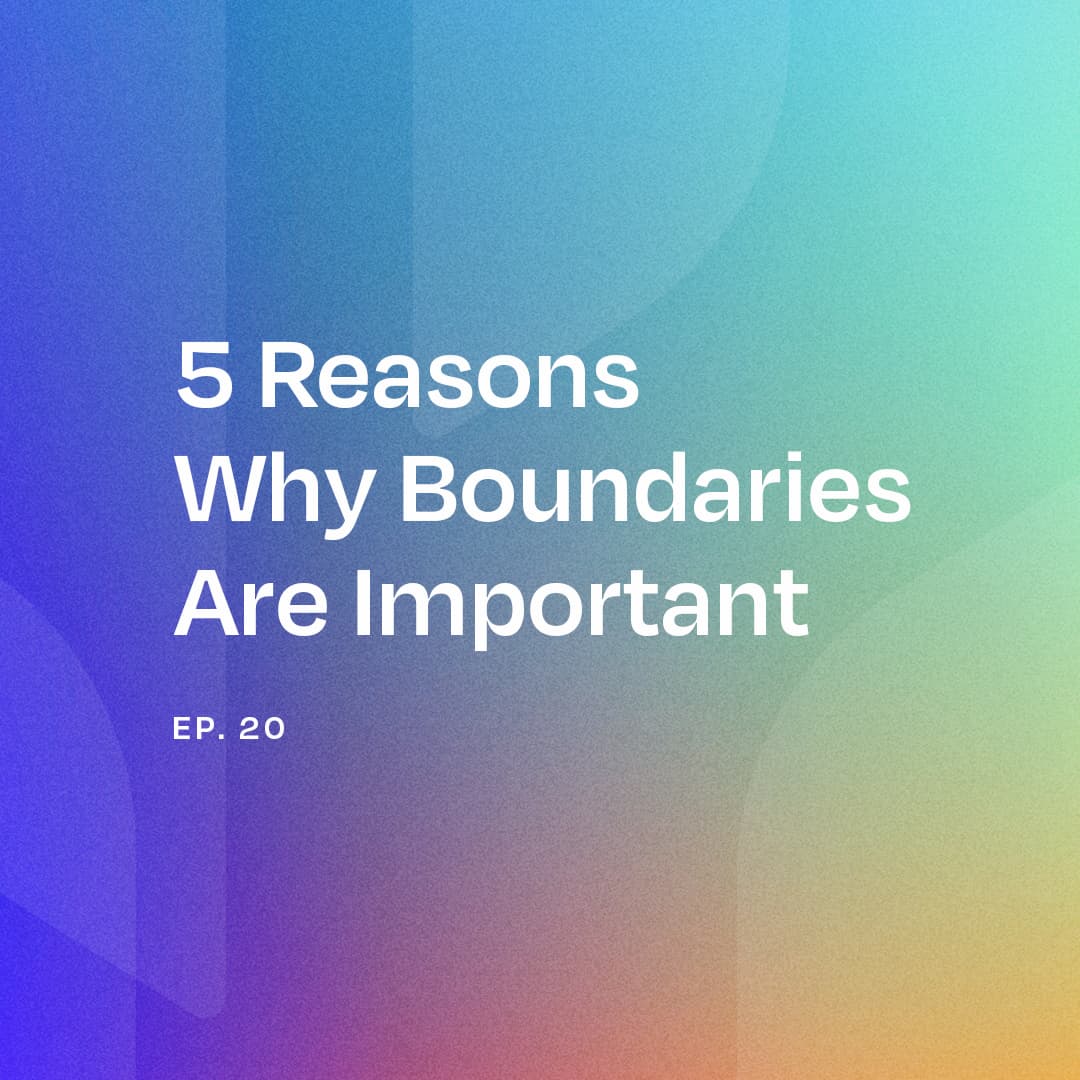
How often do you contemplate the essential role that boundaries play in your life? In a chat teeming with wisdom and practical advice, we, your hosts Katie and Mac, team up with our delightful guest, the ever-insightful therapist and long-standing church community member, Terri Koschnick. Together, we navigate the dynamic world of boundaries, discussing their significance, the physiological and chemical responses they elicit, and their profound impacts on our overall well-being.
We examine the cornerstone role of boundaries in fostering honesty and the pitfalls of unspoken assumptions that often lead to boundary trespasses. With Terri's expert guidance, we shed light on how clear communication and boundary setting in tandem with our values can bolster the health and integrity of our relationships. We also delve into the perturbing world of gaslighting and power dynamics, sharing insights on setting boundaries to shield ourselves from such toxicity.
As we wrap up this enlightening exchange, we present you with practical steps to help you implement and prioritize boundaries in your life. Learn how practices such as journaling, initiating boundary-setting dialogues, and keen awareness of your feelings and thoughts can lead to healthier relationships and better self-care. And stay tuned for a little taste of what's next - our upcoming series on church health. So, join us for this enriching dialogue with Terri Koschnick, one that extends beyond the realm of healthy relationships to a life lived in harmony and balance.